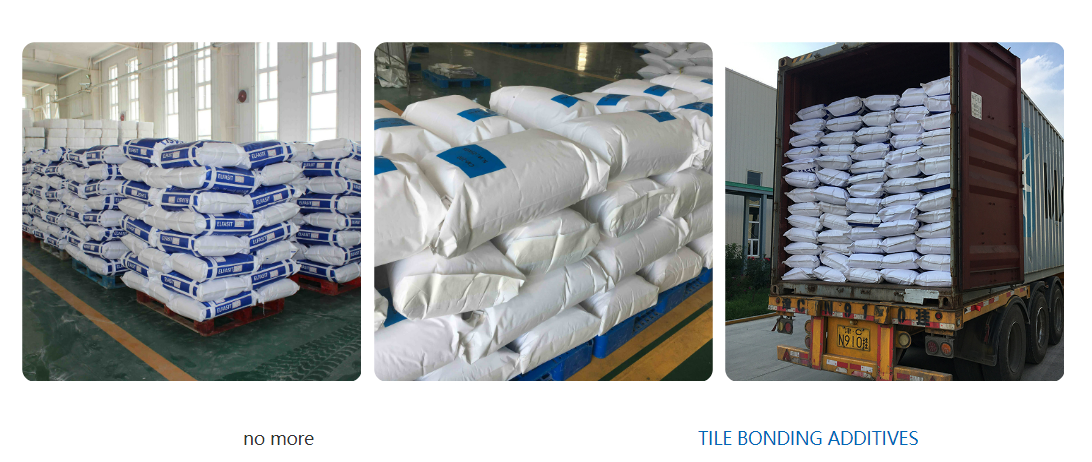
Dec . 20, 2024 07:30 Back to list
hpmc supplier
Understanding HPMC Suppliers A Comprehensive Overview
Hydroxypropyl Methylcellulose (HPMC) is a widely used polymer in various industries due to its unique properties. It serves as a thickener, binder, and film-forming agent, making it essential in sectors such as pharmaceuticals, food processing, cosmetics, and construction. Consequently, selecting the right HPMC supplier is crucial for businesses aiming to maintain product quality and achieve operational efficiency. In this article, we will delve into the importance of HPMC suppliers, the criteria for selecting one, and the evolving landscape of the HPMC market.
The Importance of HPMC Suppliers
HPMC suppliers play a vital role in the supply chain of industries that utilize this cellulose derivative. Their responsibilities extend beyond merely providing the raw material; they often offer technical support, quality assurance, and regulatory compliance assistance. A reliable HPMC supplier ensures that businesses receive a consistent product with predictable performance characteristics, which is essential for maintaining the integrity of the final product.
For instance, in the pharmaceutical industry, where adherence to strict regulations is mandatory, sourcing HPMC from a reputable supplier guarantees that the material meets all necessary quality standards. This compliance helps manufacturers avoid potential legal and financial repercussions associated with using substandard materials.
Criteria for Selecting an HPMC Supplier
When choosing an HPMC supplier, companies should consider several key factors
1. Quality Assurance The foremost criterion for selecting an HPMC supplier is the quality of the product. Suppliers should provide certifications that demonstrate their compliance with industry standards such as ISO or ICH guidelines. Regular quality audits and product testing are essential practices that a supplier should have in place.
2. Technical Expertise Understanding the specific requirements of different applications is crucial. An ideal HPMC supplier will have in-depth technical knowledge and the capability to assist customers in selecting the right product for their needs. This support can significantly impact the efficiency and effectiveness of the final product.
3. Supply Reliability Timely delivery and a reliable supply chain are paramount for maintaining production schedules. A reputable supplier should have a track record of consistent delivery performance and the ability to scale operations in response to increasing demand.
hpmc supplier

4. Customization Options Different industries may have unique requirements regarding HPMC properties such as viscosity, solubility, and gel strength. A good supplier should offer customizable solutions to cater to diverse application needs.
5. Pricing and Value While cost is a significant factor in any business decision, it should not be the sole determinant. Companies should evaluate the overall value provided by the supplier, considering factors such as product quality, service level, and reliability.
6. Sustainability Practices In today's eco-conscious market, many businesses are prioritizing sustainability. Suppliers who engage in environmentally friendly practices, such as responsible sourcing and reduced carbon emissions, may hold an advantage.
The Evolving Market Landscape
The HPMC market has seen considerable growth over recent years, driven by increasing demand across various sectors. The pharmaceutical industry continues to be a significant contributor to this growth, with HPMC's application in controlled-release drug formulations, tablets, and capsules. Furthermore, the food industry utilizes HPMC as a stabilizer and emulsifier, which expands its market appeal.
Emerging markets are increasingly adopting HPMC due to the need for improved product formulations and the growing awareness of its benefits. As such, suppliers who can adapt to changing market dynamics and customer needs will be well-positioned for success.
Additionally, advancements in manufacturing technologies have led to the development of high-quality, cost-effective HPMC variants, further enhancing the material's utility across various applications. Suppliers that invest in innovation and research and development can offer their customers cutting-edge products that meet evolving market demands.
Conclusion
In summary, HPMC suppliers are integral to the functioning of several industries, playing a critical role in the quality and reliability of products. Selecting the right supplier requires careful consideration of factors such as quality assurance, technical expertise, supply reliability, customization options, pricing, and sustainability practices. As the market for HPMC continues to evolve, businesses must stay informed and adaptable to leverage the benefits that these suppliers can offer, ensuring that they remain competitive in their respective fields. By prioritizing these criteria, companies can cultivate successful partnerships that drive innovation and enhance the quality of their products.
-
Versatile Hpmc Uses in Different Industries
NewsJun.19,2025
-
Redispersible Powder's Role in Enhancing Durability of Construction Products
NewsJun.19,2025
-
Hydroxyethyl Cellulose Applications Driving Green Industrial Processes
NewsJun.19,2025
-
Exploring Different Redispersible Polymer Powder
NewsJun.19,2025
-
Choosing the Right Mortar Bonding Agent
NewsJun.19,2025
-
Applications and Significance of China Hpmc in Modern Industries
NewsJun.19,2025







